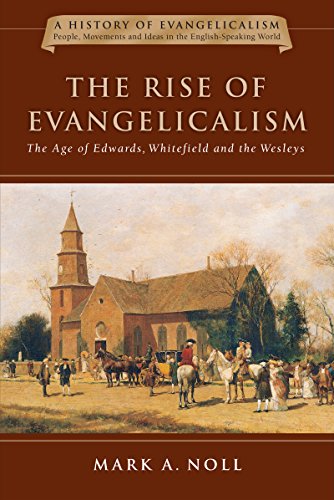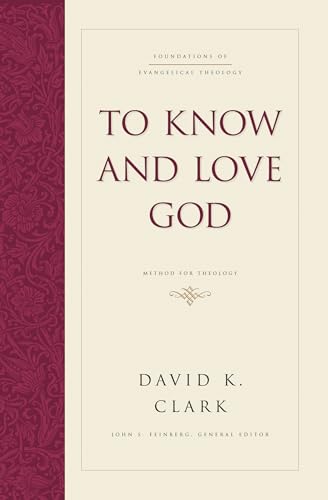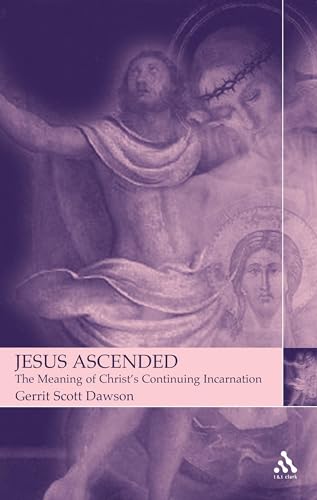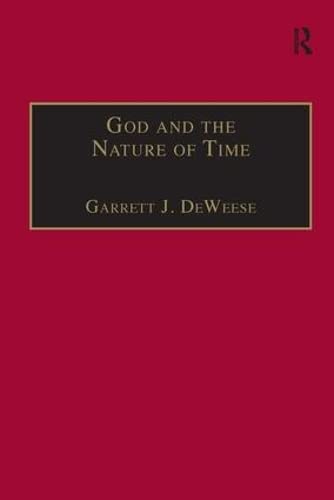ALISTER E. MCGRATH AND EVANGELICAL THEOLOGY: A DYNAMIC ENGAGEMENT
Written by Sung Wook Chung (Ed.) Reviewed By Lee GatissAlister McGrath has had a tremendous impact on evangelical theology over the last twenty years. This book is not quite a festschrift but rather a celebration of McGrath’s 50th birthday. There are 14 chapters from different contributions four specifically address questions raised by Professor McGrath’s own work, while nine cover other unrelated topics in an attempt to ‘demonstrate the dynamism and vitality of evangelical theology’. Interestingly, McGrath also adds his own chapter at the end. In this he tells us more of his spiritual journey (documented through footnotes to more of his own works not mentioned in other chapters) as he praises the contributors and interacts with them. Surprisingly, the sparkling list of contributions does not include any women.
The book opens with a look at how McGrath’s early work on the cross significantly influenced his theological development. As Graham Tomlin rightly says, McGrath’s view of penal substitution has led to criticism from conservative scholars, but be manages to fire off a few polemical rejoinders to the himself in the final chapter. Gerald Bray praises lustitia Dei, McGrath’s history of the doctrine of justification, but also laments some of its ‘lame’ excuse its simplification to the point of distortion and the fact that it is a ‘young man’s book’ full of superfluous erudition and untranslated Latin. McGrath’s style is also criticized in John Roche’s (overlong) study of McGrath’s Scientific Theology Project. These chapters make fascinating reading for those who have read McGrath’s work with a mixture of delight and frustration.
Space precludes an assessment of every chapter in this collection, but for this reviewer there were several highlights. John Frame’s survey of twenty-two areas of theological debate (and warfare) within Reformed churches in America is most enlightening, and sobering. In a church without liberals to fight, he says, the successors to Gresham Machen have turned on one another, without giving sufficient thought to the difference between tolerable and intolerable disagreements. On the other hand, Clark Pinnock’s attempt to find a place for Open Theism within evangelicalism, in my view highlights just such an ‘intolerable’ disagreement, as in a sometimes childish way he caricatures classical theistic positions. With harsh, intensely loaded language he accuses those who disagree with him of ‘fear and fearmongering’, and an overly emotional response to his Neo-Arminianism stemming from the fact that conservatives are (apparently) deeply afraid of losing their ‘considerable power’. Such an arrack is unlikely to win Open Theism a ‘place at the table as an evangelically possible point of view’ (163). A couple of chapters later Sung Wook Chung tries to show that Karl Barth was also an evangelical and should be ‘allowed into the fold’ because he was ‘an innovative refiner and a creative developer of the Reformers’ evangelical legacy’ (212). That may be so, but one man’s ‘development’ is another man’s ‘departure’. It is almost as if the word ‘evangelical’ without at least one qualifying adjective is devoid of real meaning.
Our interest should be aroused by McGrath’s future plans which are mentioned in the concluding chapter. I, for one, am looking forward to his third (completely revised) edition of lustitia Dei in the hope that it might deal more with the Apostle Paul’s doctrine of justification, as well as a multi-volume Scientific Dogmaticswhich promises to be a substantial and creative endeavour from a prolific and creative thinker. I found this volume in honour of McGrath to be as stimulating and as exasperating as McGrath’s own work has been, and so it seems to be a most suitable birthday present for the eminent Oxonian and a though-provoking bedtime read.
Lee Gatiss
Lee Gatiss is associate minister of St. Helen’s, Bishopsgate in London and editor of The Theologian: The Internet Journal for Integrated Theology (www.theologian.org.uk). In Autumn 2009 he plans to begin a PhD at Cambridge University in seventeenth-century biblical interpretation.






